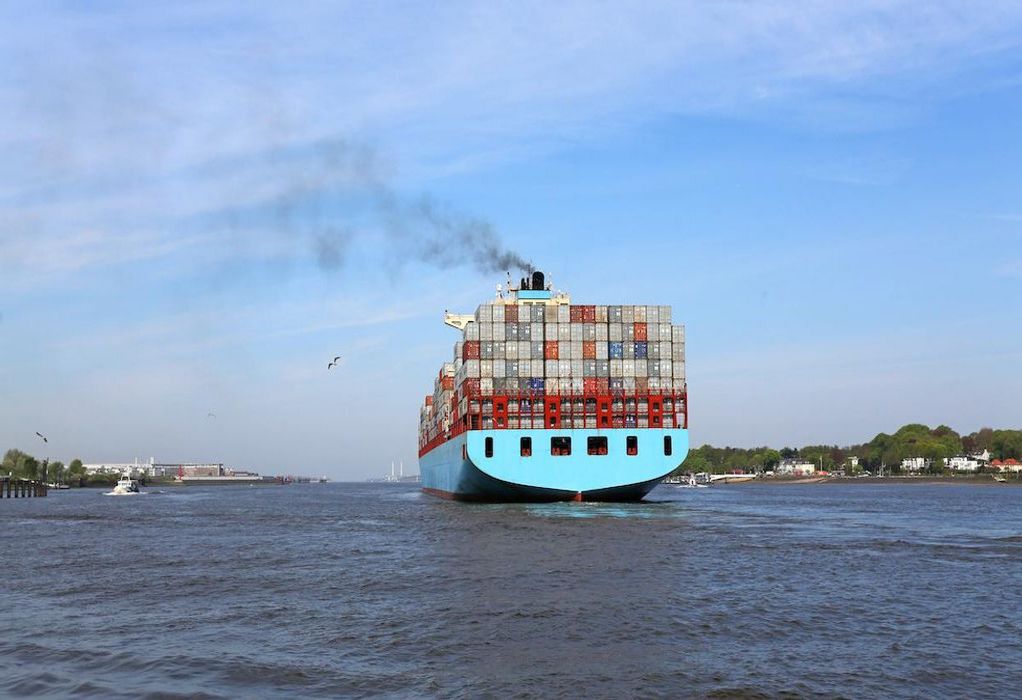Onboard carbon capture system is designed to suck carbon emissions from the air and turn them into stone is one of the ways the shipping industry is exploring to reduce their climate footprint.
But the question that pops up here is could we capture CO2 directly onboard ships to trap their CO2 emissions and reduce them and keep the ship sailing on the water, instead of replacing the whole fleet?
The global shipping sector transports around 90% of world trade. It’s also responsible for around 3% of the world’s carbon dioxide emissions.
The U.N. shipping agency has set out targets for the industry to reach net zero around 2050. But getting there won’t be easy.
Unlike the car industry, for example, shipping cannot simply electrify its fleet to reduce the carbon footprint.
The options for a ship owner today are very challenging. Essentially, you could order a new ship with a new type of engine that could burn a different type of fuel like ammonia and methanol. But the fuels don’t exist yet. The new engines are very expensive and they’re not compliant with their existing vessels.
Another possibility is capturing ships’ emissions and storing them onboard. UK startup Seabound is developing a carbon capture system designed to fit on the deck of large cargo ships.
A pilot trial on a 45,000 ton container ship, the Sounion Trader, captured around 80% of CO2 emissions and 90% of sulphur dioxide.
Carbon capture’s role in emission reductions has so far been limited.
The process is expensive, requires enormous amounts of energy and water to separate CO2 from other gases, as well as heavy upfront capital expenditure in capture plants.
Seabound says their system simplifies the process by decoupling the carbon capture phase from the traditionally expensive recovery and storage phases.
The company says they are now working on a larger demonstrator and hopes to capture more than 55 tons (50 tonnes) of CO2 per day at more than 90% efficiency.
Tags: Carbon Capture, Onboard, Seabound, Tech



Recent Posts
Scandlines Nears Delivery of Zero Emissions Ferry Following Successful Sea Trials
India faces emission roadblocks with rising net-zero demands
Green Energy Resources invests in two electric Liebherr LHM 550
NYK Launches Continuous Use of Bio LNG Fuel on Car Carriers to Advance Decarbonization Goals
Yang Ming Expands Fleet with Methanol and LNG Dual-Fuel Vessels Under Fleet Optimization Plan
ClassNK Advocates Speed Gap Monitoring to Optimize Fuel Efficiency in Heavy Weather
Wärtsilä’s retrofit package for the Corsica Linea ferry Pascal Paoli has resulted in fuel savings of up to 22 percent Corsica Linea
COSCO Shipping Names Second Methanol Dual-Fuel Containership in Yangzhou